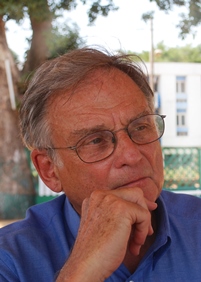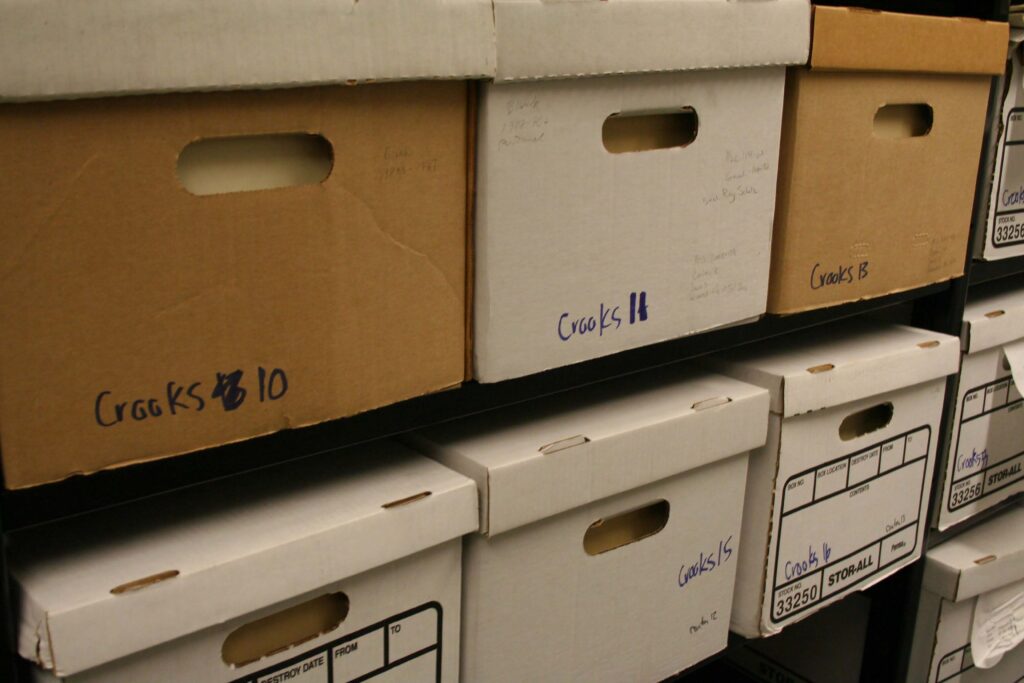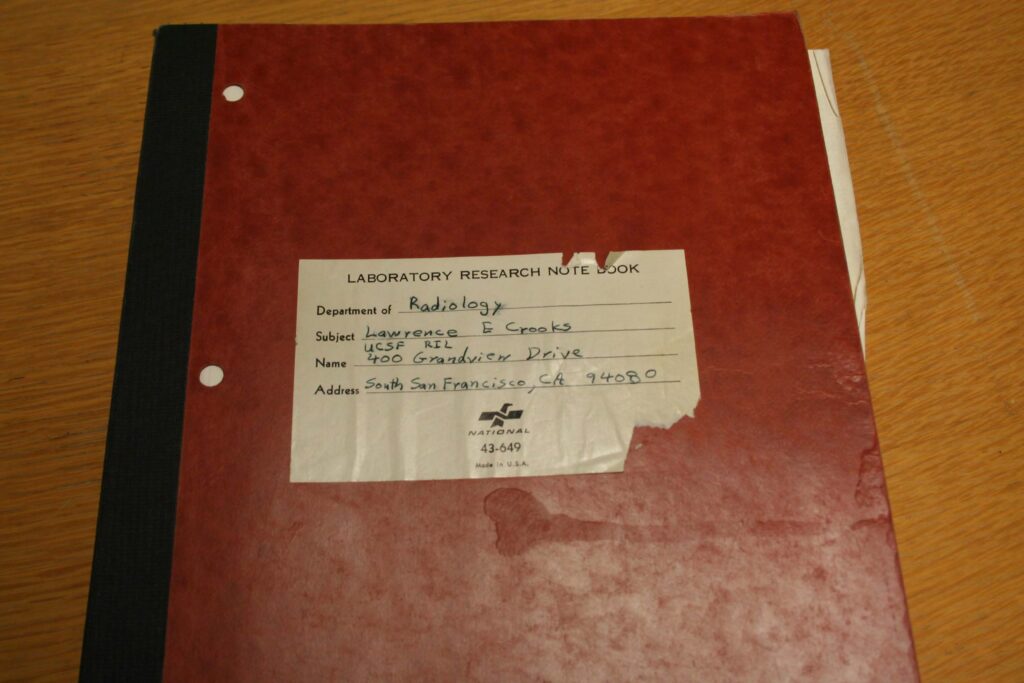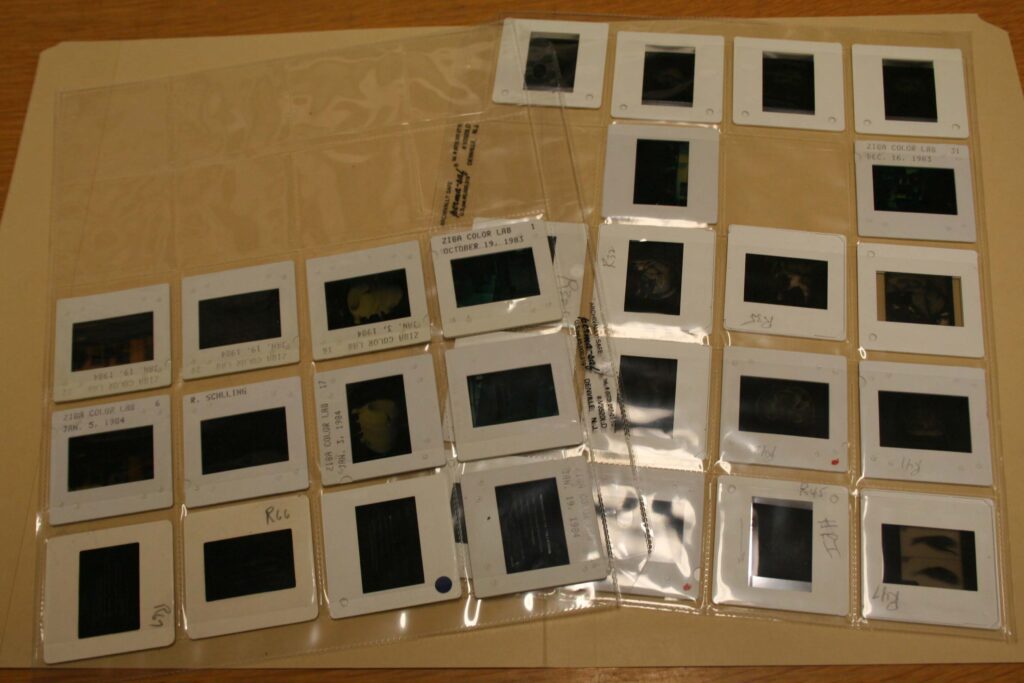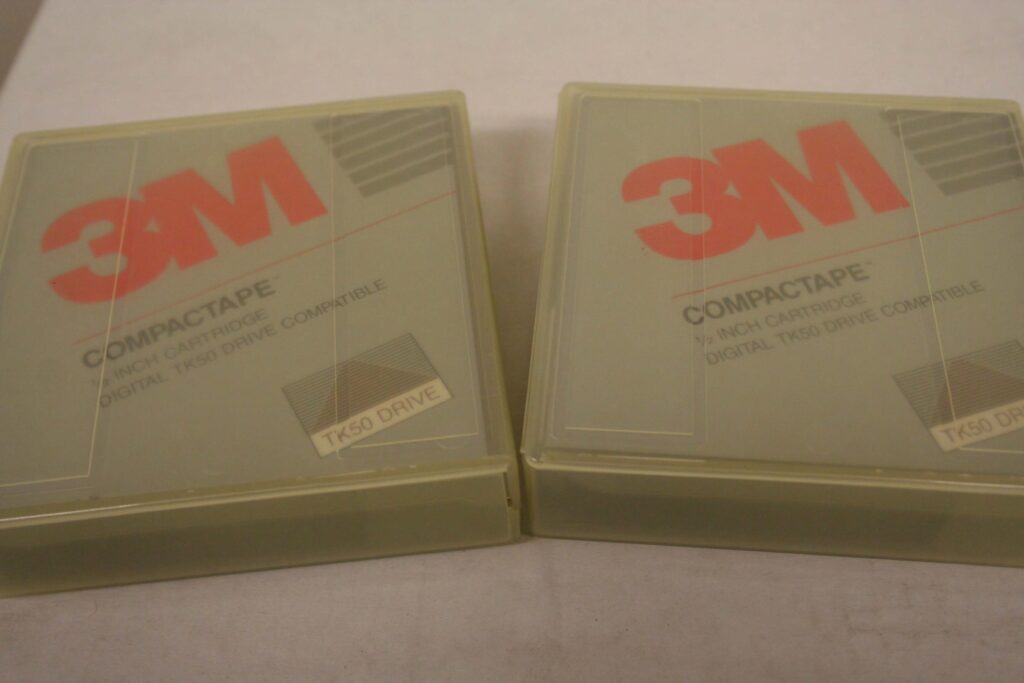Join us on Thursday, February 26th as Arthur Ammann, M.D., gives a lecture in a series launched by UCSF Archives and Special Collections.
Date: Thursday, February 26th, 2015
Time: 4 pm-5:20 pm
Location: Lange Room, UCSF Library, 530 Parnassus, 5th floor
This lecture is free and open to the public. Light refreshments provided.
Please RSVP to reserve a seat
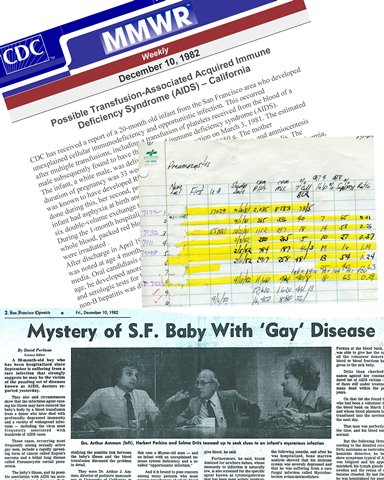
Collage of lab data on first patients in 1981, MMWR report and 1982 San Francisco Chronicle article on first blood transfusion AIDS
Beginning in 1981 researchers at UCSF defined some of the most important features of the emerging AIDS epidemic – the cause of AIDS, the clinical features of AIDS, populations at risk for HIV infection, methods to prevent and treat HIV, and discovery of HIV. Working closely with community activists, advocates, scientists and policy makers, UCSF distinguished itself as a model of successful collaboration. The first discovery of AIDS in infants and children and blood transfusion associated AIDS at UCSF were instrumental in defining the extent of the epidemic. The scientific advances in HIV/AIDS that occurred over the next two decades were remarkable resulting in the near eradication of HIV in infants in the US and transforming an acute and fatal infection in adults to a chronic and manageable one. But even as these advances occurred benefiting many millions of people worldwide, women and children were too often excluded, resulting in a global epidemic that is now composed of over 50% women and children and a secondary epidemic of AIDS-related orphans that numbers in the tens of millions.
Arthur J. Ammann, M.D., is a founder of Global Strategies, a nonprofit organization that serves women and children in the most neglected areas of the world and Clinical Professor of Pediatrics at UCSF.
From 1971 to 1985, Dr. Ammann was Director of Pediatric Immunology and Clinical Research Center at the UCSF Medical Center, San Francisco. In 1977, Dr. Ammann’s clinical trials of a pneumococcal vaccine resulted in the first FDA approval of a vaccine for bacterial pneumonia and meningitis in children and adults. In 1982 Dr. Ammann described two of the three ways that HIV is transmitted including the first cases of transmission of AIDS from mother to infant and the first blood transfusion associated AIDS patients.
Dr. Ammann has received honors from more than 60 national and international organizations including the United States Surgeon General Award for Research and Heroes in Medicine Award by the International Association of Physicians in AIDS Care.
Dr. Ammann has authored over 300 scientific papers which have appeared in major medical journals. He holds a Bachelor of Science degree in biology from Wheaton College (1958) and a doctor of medicine degree from New Jersey College of Medicine (1962). He received residency training from the department of pediatrics at UCSF and fellowship training in immunology from the University of Minnesota Medical Center and the University of Wisconsin Medical Center.
Dr. Ammann’s oral history,“Pediatric AIDS Immunologist: Advocate for the Children” is accessible online and at the UCSF Library.
About the UCSF Archives and Special Collections Lecture Series
UCSF Archives and Special Collections launched this lecture series to introduce a wider community to treasures and collections from its holdings, to provide an opportunity for researchers to discuss how they use this material, and to celebrate clinicians, scientists, and health care professionals who donated their papers to the archives.
